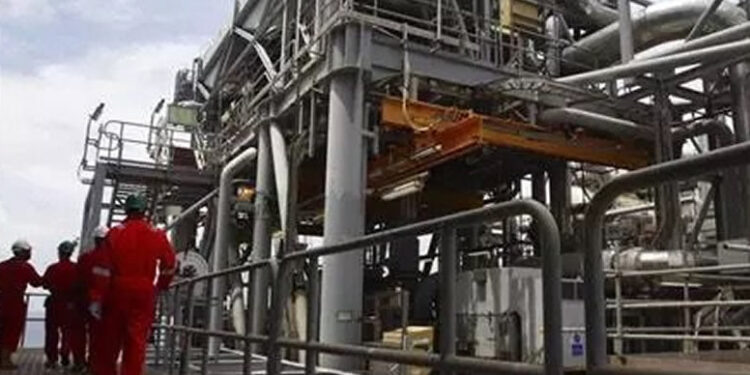The Nigerian National Petroleum Company Limited (NNPCL) has acknowledged hurdles in delivering the long-anticipated rehabilitation of the Port Harcourt Refinery, initially slated for completion by September.
Speaking on Monday, NNPCL’s Chief Corporate Communications Officer, Olufemi Soneye, attributed the delay to unforeseen risks associated with the brownfield project. Despite achieving “mechanical completion” months ago, commissioning activities encountered setbacks.
“These issues have since been effectively resolved, and commissioning activities have resumed. Work is being carried out around the clock to ensure the successful completion of this critical project,” Soneye stated.
However, NNPCL refrained from announcing a new deadline, opting instead to assure Nigerians that the refinery would be operational “shortly.” This marks the seventh missed deadline for the project, initially set for 2021 following a $1.5 billion renovation loan.
Missed Milestones and Mounting Frustration
Public expectations of cheaper fuel persist as the refinery remains inactive. Notably, human rights lawyer Femi Falana sought clarity on the timeline via a Freedom of Information Act request to the contractor, Maire Tecnimont SPA. The firm declined to disclose details, citing its status as an independent private entity not bound by the Act.
Since the refinery’s mechanical completion was announced in December 2023, deadlines have consistently been postponed. NNPCL had promised production by early August 2024, yet the year’s end approaches with no tangible progress.
The 210,000 barrels-per-day Port Harcourt Refinery, operational since 1965 but dormant for years, is pivotal in Nigeria’s quest to reduce dependence on imported refined petroleum products. However, persistent delays have left Nigerians skeptical of government assurances.
Hope Fades for Cheaper Fuel
The stalled refinery underscores a broader challenge in Nigeria’s energy sector, where reliance on imports drives up fuel costs. While the NNPCL insists it remains committed to its promises, the public’s patience continues to wear thin.























